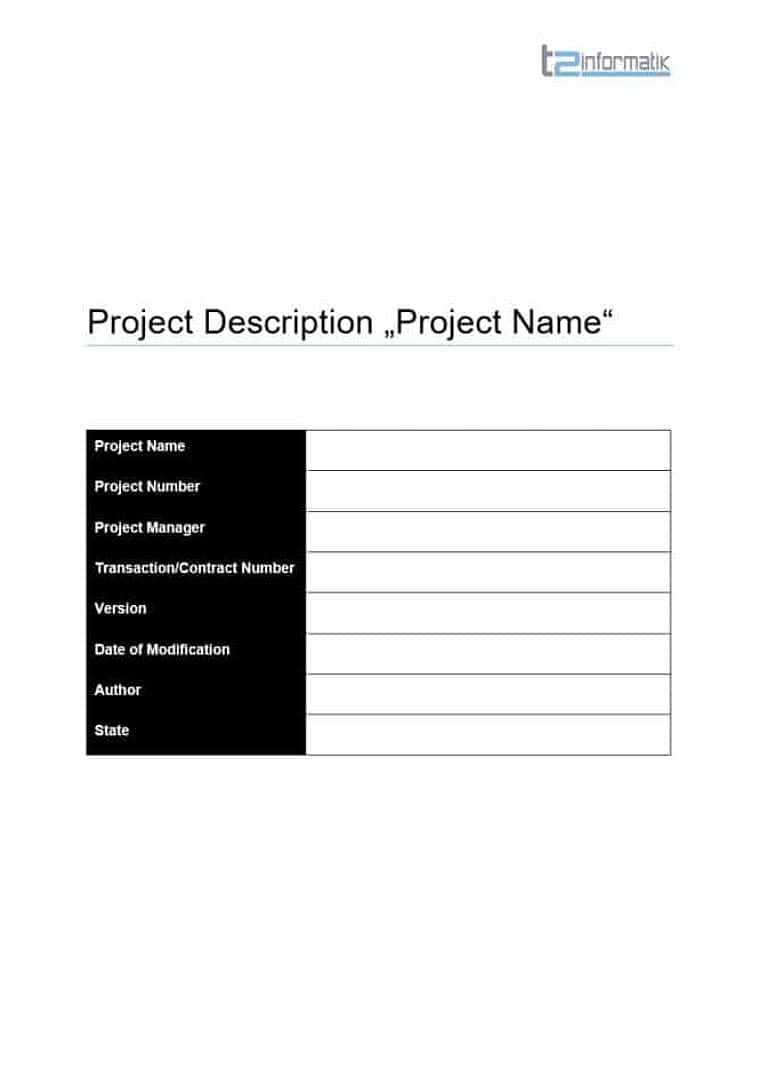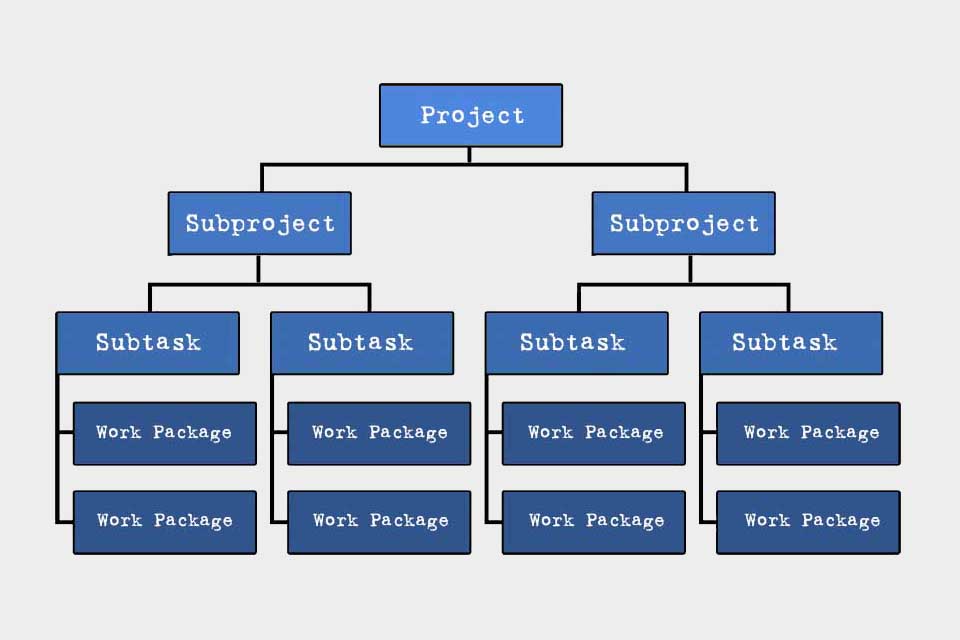What is a Project?
Smartpedia: A project is a commissioned, purposeful, unique, risky, context- and resource-dependent, and possibly complex undertaking.
Project – a term with different definitions
There are a number of institutions that define a project in different ways and with different emphases:
DIN 69901, which names basics, processes, process model, methods, data, data model and terms in project management, uses the following definition, for example [1]:
“A project is an undertaking that is essentially characterised by the uniqueness of the conditions in their entirety, such as: target setting, temporal, financial, personnel or other conditions, demarcations from other projects and project-specific organisation.”
The Project Management Institute (PMI), a US-based global association and publisher of the PMBOK, uses the following definition:
“A project is a time-limited endeavour to create a unique product, service, or result.”
PRINCE2, a British management method known worldwide, uses the following explanation [2]:
“A project is a temporary organisation with a mandate to deliver one or more products in accordance with an agreed business case.”
The International Project Management Association (IPMA), a global European umbrella organisation for project management and publisher of the IPMA Competence Baseline (ICB), provides the following paraphrase:
“A project is defined as a unique, time-limited, interdisciplinary and organised endeavour to achieve specified work results within the framework of predefined requirements and constraints.”
And the Gabler Wirtschaftslexikon puts it as follows [3]:
“A project is a temporary, relatively innovative and risky task of considerable complexity, which usually requires separate project management due to its difficulty and importance.”
Combine these different explanations and you get the following definition:
“A project is a commissioned, purposeful, unique, risky, contextual, resource-dependent, and possibly complex undertaking.”
Characteristics of projects
The different definitions have different emphases or emphasise different characteristics. For example
- uniqueness,
- time limitation,
- creation of a defined result,
- commissioning,
- organisation,
- constraints,
- risk and
- complexity
are accentuated. But what do these characteristics mean exactly and how do they interact?
The project mandate is the formal basis for carrying out a venture. In most companies, it is issued after the initiation and before the planning of the undertaking. It corresponds to an authorisation to carry out the scheme, which, depending on the organisation, may be given by the management or the department head. Practical experience shows the importance of the order, because it can be used to determine, for example
- the priority of the venture,
- the general conditions such as the client, the starting position and the goal,
- possible classifications of type, risks, complexity, degree of innovation or benefit,
- the responsibilities,
- the participants and the period of participation,
- the contents and scope,
- the period from start to finish,
- the budget, possibly even broken down into phases,
- as well as the actual release.
If a undertaking is by definition something unique that is distinct from other undertakings and has different content, time, personnel and financial constraints, then it is obvious that a classic line organisation in a company often cannot do justice to this uniqueness. As a result, so-called project organisations often emerge.
Such an organisation does not only focus on the structure of the venture, but also and especially on the process. Accordingly, DIN 69901 describes it as “the totality of organisational units and the structural and procedural arrangements for handling a specific project.”
There are also different definitions for the term risk. A risk is a danger evaluated according to probability of occurrence and extent of damage. Or: A risk is the assessed danger of a negative deviation from the goal. In fact, the implementation of an enterprise is risky at least to the extent that the achievement of objectives is unclear and success is uncertain. On the factual level, there is a threat of market and business risks, as well as strategic and financial risks, among others. At the relationship level, there are operational risks, which “involve the danger of direct or indirect losses as a result of the inappropriateness or failure of internal procedures, people or systems”. [4] In addition, many ventures take place in a rapidly changing business world. The acronym VUCA – for volatility, uncertainty, complexity and ambiguity – has become established here.
Why do projects fail?
If you believe the numerous studies and publications, then about as many undertakings fail today as 30 years ago. How can this be when planning tools are more precise, methods more inclusive, teams more interdisciplinary, procedures more transparent and lessons-learned sessions more professional?
Perhaps studies and the criteria for assessing whether a venture is failing are not really meaningful at all? Is a venture successful if it is completed “in time and budget” but the result has no effect or no demand on the market? Is it considered a failure if the scope is adjusted over time and the result is different from what was originally expected? Or if it takes longer than planned because additional or different requirements have been implemented at a different cost?
Maybe not all operations fail, but especially those that are really complex? Why, for example, should undertakings with predominantly technical or technological tasks often fail? A car company will always succeed in building a new plant with a new production line. The organiser of the Olympic Games will always have completed all central construction ventures by the start of the event. And the software company will almost certainly make the next software launch a success. However, if there is uncertainty about the procedure and possible dependencies in terms of content and time, or if many different parties with different objectives are active, then failure is much more likely.
In practice, it can also be observed that declaring undertakings as projects is a good way to acquire additional budgets. So if it becomes a means to circumvent an existing grievance within an organisation – the provision of budgets is refused because corresponding titles are missing in the annual planning – then it is little wonder if projects fail. The goal was never to make them successful, it was always about something else.
And last but not least, the question remains whether the venture fails or the management responsible does not work? If the management does not show commitment, then the enterprise may fail, but it is not likely to be due to the undertaking per se, but to the people involved. If key requirements are overlooked because important stakeholders are not asked for their opinion, then it cannot really work. And if employees don’t know exactly how many ventures they are working in at the same time, then there is a lot wrong with the organisation. It might then make sense to think about the “demarcations from other projects”.
Questions in the course of projects
There is a long list of questions in the context of undertakings. You can find answers to some of the questions in our blog:
- What is important when starting a venture?
- How does planning succeed under reserve?
- How can organisations learn in undertakings?
- What is project politics and how can it be actively shaped?
- How important is communication in an operation?
- What tips help in a crisis?
- What are the cultural differences in international projects?
- How do you conduct an ideal project review?
We are sure you can think of other questions. Feel free to contact us and we will try to answer your questions or publish appropriate articles.
Tools for projects
There are many tools in project management and many programmes that are used in undertakings. Here you will find a small list of tools without any claim to completeness or evaluation:
- Airtable
- Asana
- factro
- GanttPRO
- Hygger
- InLoox
- monday.com
- Teamwork
- Toggl Plan
- Trello
- Wrike
- Zoho Projects
Certainly, the list can easily be extended, especially since there are many programmes that specialise in individual disciplines within operations.
Do you want to download the project description template for free?
Template for describing projects.
- Project definition and explanation of actual situation, project objective and expected results.
- Project scope with limitations
- Business case abstract
- Project details such as required knowledge and skills of staff, quality expectations, etc.
Knowledge on 10 pages to take away.
Impulse to discuss:
How important is a common understanding for the subsequent success of the endeavour?
Notes (some in German):
[1] DIN 69901
[2] PRINCE2
[3] Gabler Wirtschaftslexikon
[4] Basler Ausschuss für Bankenaufsicht: Management operationaler Risiken
By the way, the so-called project definition addresses something else: on the one hand, it describes the process of initialising an undertaking, and on the other hand, the result of this process. In the course of this, a business case also comes into play.
If you like the article or would like to discuss it, please feel free to share it in your network. And if you have any comments, please do not hesitate to send us a message.
And here you can find additional information from our Smartpedia section:




